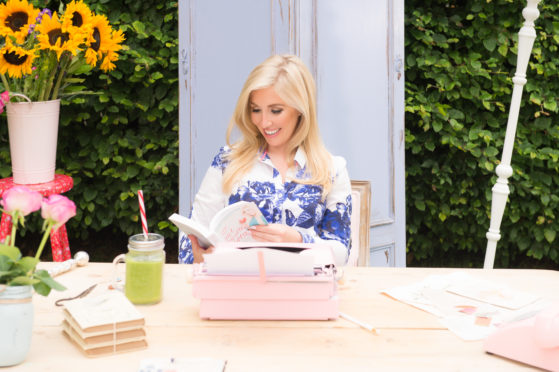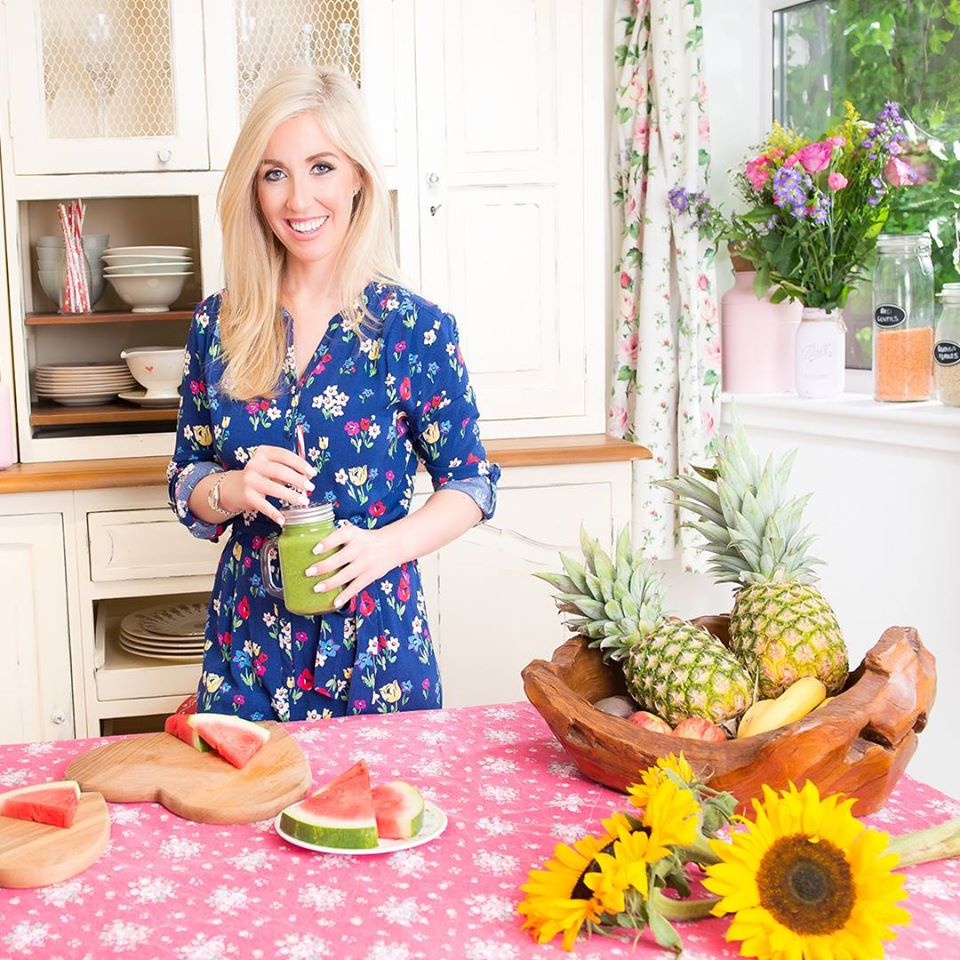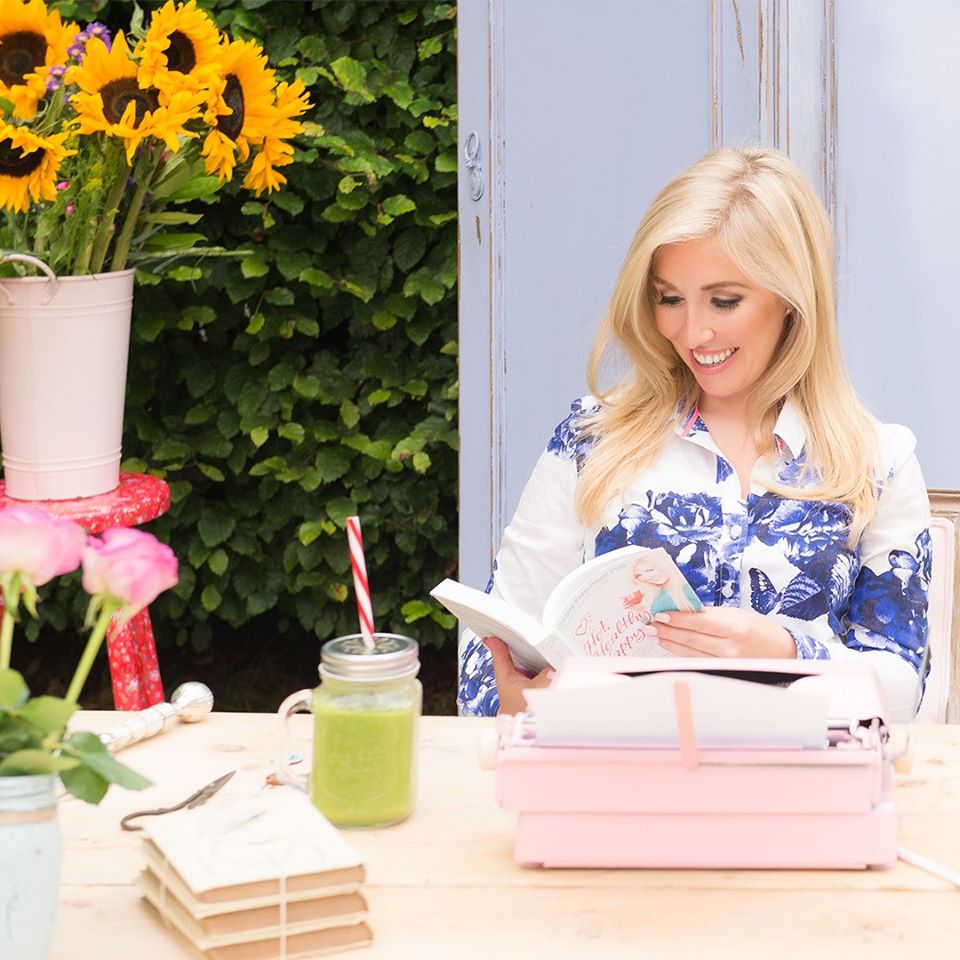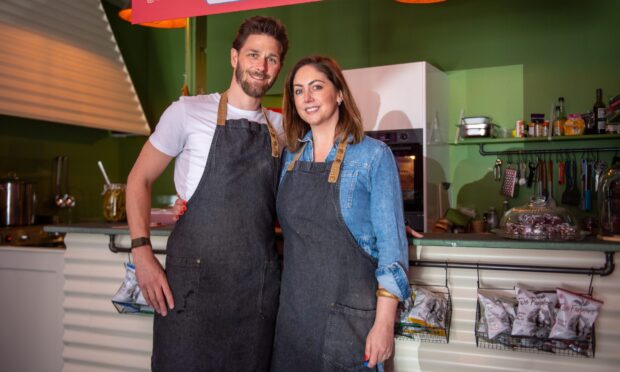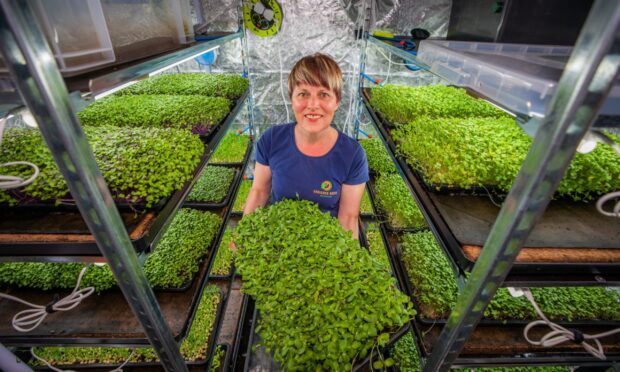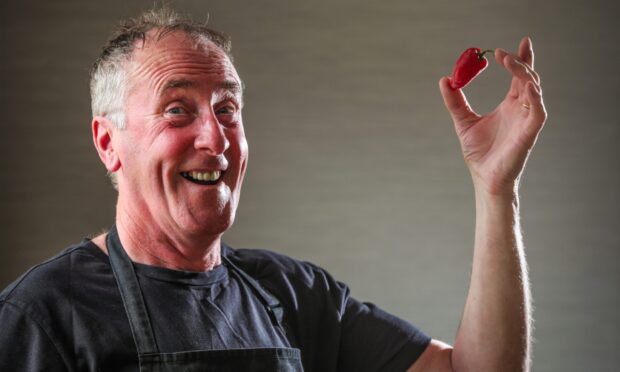Julia Bryce talks with Dr Christy Fergusson about how to make positive food choices during lockdown.
We’ve all been there. The moment when reaching for the biscuit tin you realise that in fact, this is not your first of the day.
And while there’s nothing wrong with a little comfort eating now and then, Dr Christy Fergusson of The Food Psychologist says there’s a fine balance between keeping our spirits up and ensuring we have ‘good foods’ readily available.
With daily routines across the country affected by lockdown, it’s easy to fall into bad habits, and fast.
So how do we keep on track and stay in our usual routines as much as we possibly can given the circumstances?
She said: “I think that is the biggest challenge for people. Certainly when it comes to my clients you can feel like you’re doing well, eating well and following what you want to be doing. Then it gets to the weekend and everything falls to the wayside and not having that sort of structure to the day.
“At the moment everything has just been kind of thrown upside down and it’s just getting back to that sort of structure. One of the key things I always recommend is to make sure you’re having breakfast within an hour of getting up. That helps set you up for the day.
“I also recommend eating every three to four hours to keep your blood sugars steady throughout the day. It can really help you avoid dipping into the biscuit tin which I know people can struggle with. I think it’s about getting yourself set up for success in the morning and trying to follow a nice pattern where you’re eating regularly throughout the day.”
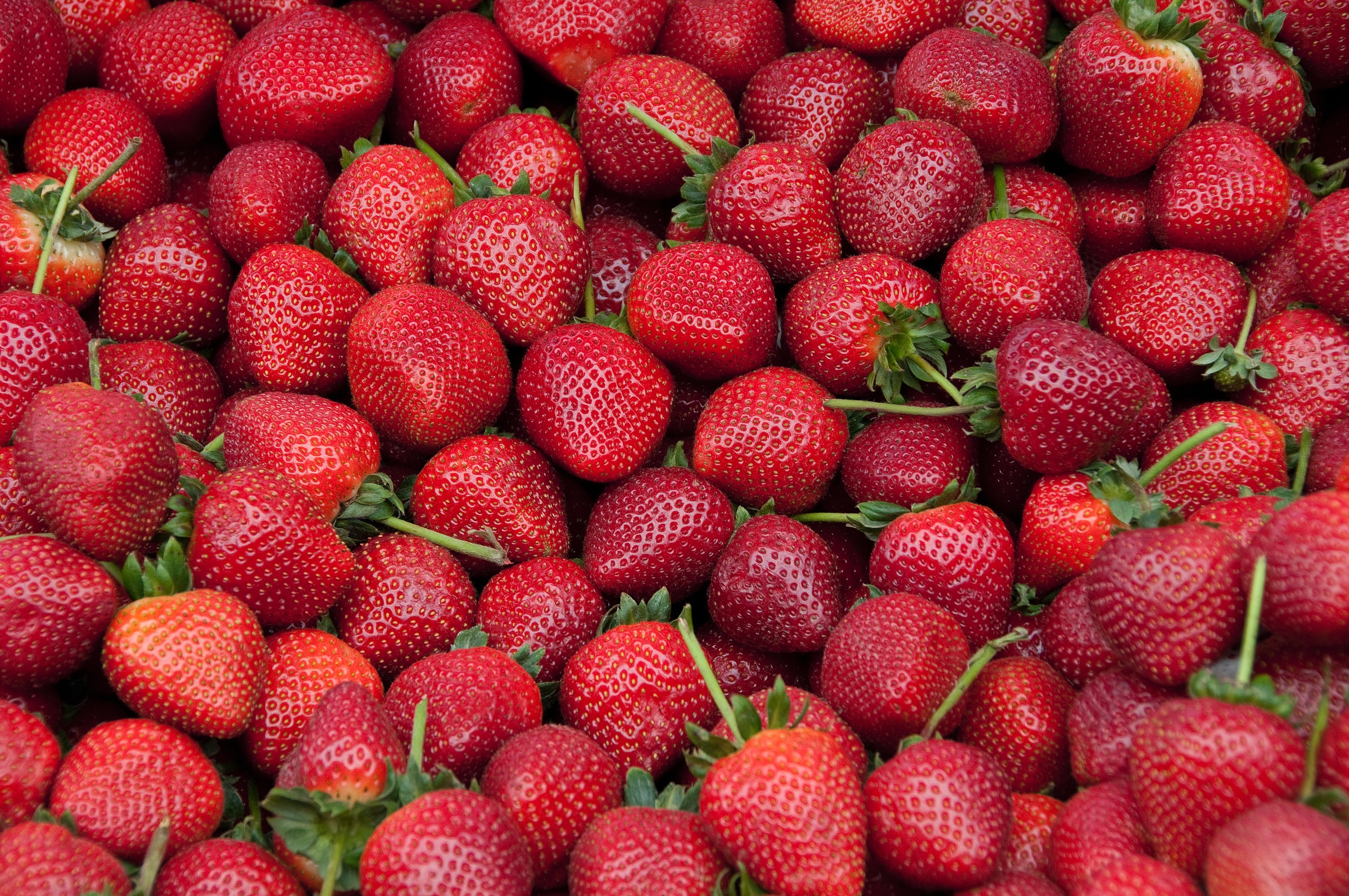
Keeping healthy and looking after your body and your mind has become increasingly more important than ever with the majority of the UK workforce operating from home.
But how easy is it to stay motivated when it comes to consuming healthier foods over those not so healthy foods?
She added: “If you’re used to going out to work every day you may be in a system of what you would usually have before work in the morning. Some people eat before they leave for work, other times people eat on the train or when travelling, and a lot of my clients wait until they are at work to have their breakfast at their desk.
“It’s the same when it comes to lunchtime. You have to sort of redefine and create those healthy patterns and habits. Even if it is just going to be on a temporary period.
“I think because we’ve not got that definition of the week and weekend its about creating a pattern that works for you and also that you enjoy. I don’t think it needs to be something that’s boring or strict. It’s a great time to try different breakfasts you may not normally have been able to try because you were rushing out the door to get to work. It’s the same with lunches and I think people are embracing having more time to prepare stuff ans do a bit more cooking at home. Use it as a positive thing to explore more things.”
For those struggling to keep focused, Dr Christy’s advice is very much centred around having good-quality protein throughout the day and being mindful of stimulants which will also affect your concentration.
“Keeping our blood sugar balanced throughout the day comes from having good quality protein regularly,” said Dr Chrsity.
“Protein can be a variety of things, it doesn’t have to be meat. Things like eggs of course are great, some hummous and oatcakes for snacks, fish, chicken, goat’s cheese. It’s a great way to avoid sugar cravings and keep your blood sugar steady. Low glycemic load carbohydrates are those slower releasing carbohydrates. Things like oats, brown basmati rice, oatcakes, things that aren’t going to cause that big spike in your blood sugar levels.
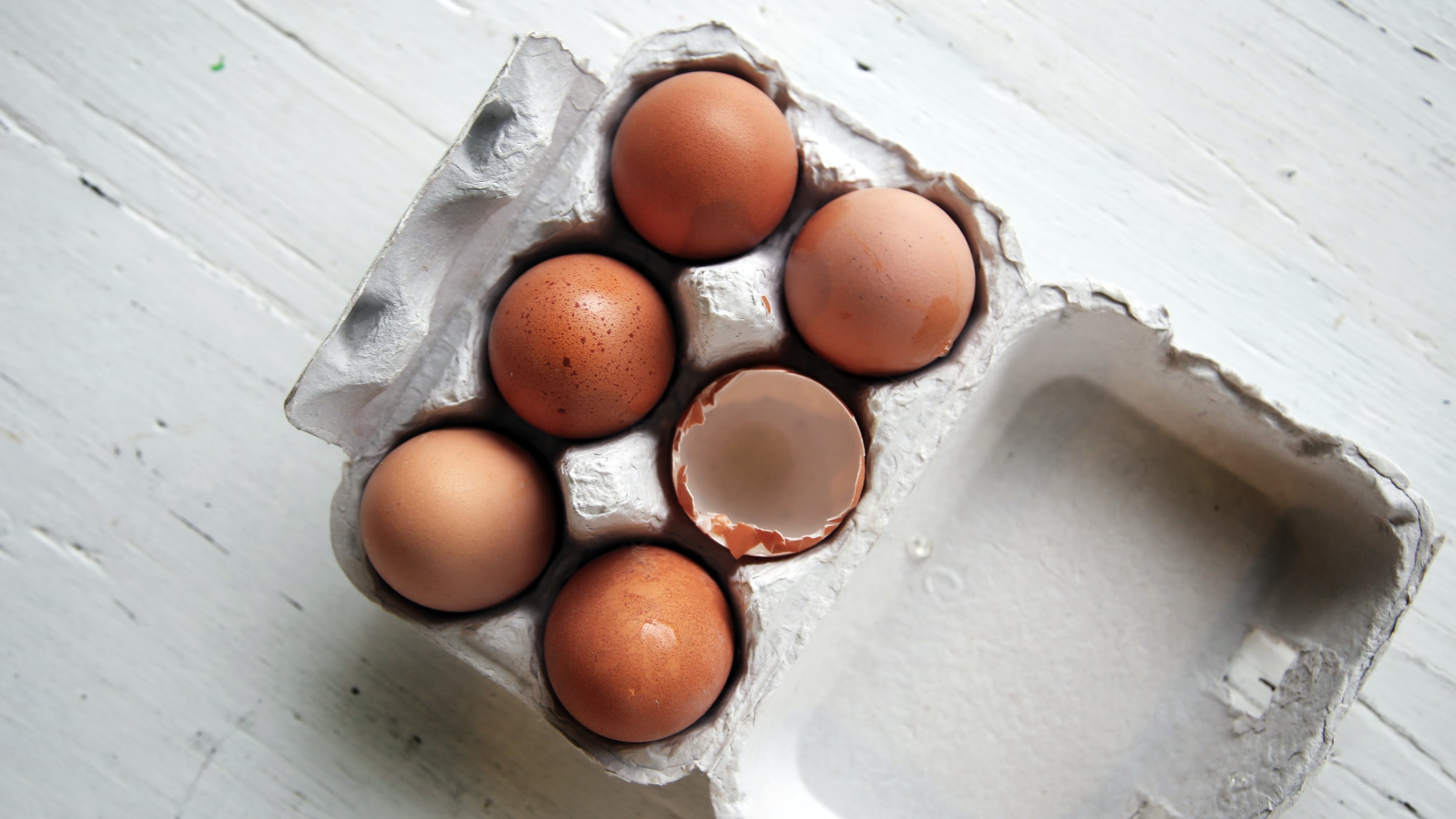
“Eating consistently during the day will help you avoid that ‘crash’ moment. Be mindful of stimulants like caffeine. A little bit can be great to give you that boost and alertness in the morning, but when we start having too much, or over relying on it, it’s almost like we’re down regulating our system and we need more and more. Just be mindful of the foods becoming your crutches and focus on the good stuff you’re eating regularly.”
And with so many parents home schooling their children just now, the food psychologist has some sound advice on how to combat them constantly asking for food.
She said: “I have my 11-year-old daughter at home and it’s an on-going process. I think it depends on what age the kids are. If you’ve got toddlers and young ones, sort of primary school age then one of the things I do with my daughter is make up a snack plate. Instead of having crisps we would make up a plate with all of these different foods on it. Children often don’t like combining too much in one dish, they like things in isolation. A little bit of cheese, some crackers, chopped up fruit, some raisins, it’s all on one plate but separate.
“I think it’s a good opportunity for us to let our kids make some things for themselves. Of course if they are younger you have to get involved more. My daughter will bake her own cupcakes and we help her with the oven and stuff. Getting them used to making their own food, or getting them involved in the process is great, especially if you have a fussy eater. It makes them part of the process.”

One thing is for certain, beating ourselves up about having a treat or experiencing a bad day is not going to benefit our long-term mental health, says Dr Christy.
She added: “It is a time where a lot of people are going through anxiety and we’re facing a lot of changes to our daily lives. There’s maybe concerns around financial security or health and I think at this point it’s also about looking after our mental health. Yes of course being healthy and nourishing our body is important but it’s not about some strict routine that we’ve got to come out of this achieving something. It’s all about being a little kinder to ourselves.
“If you’re at home and want to continue to look after yourself, one of the key things is to make sure there’s lots of good, nourishing foods in the house and not having too much of the so called ‘junk food’. It can be so easy and convenient to reach for that food if it’s there. I actually find the more we rely on those foods the worse we can feel on an emotional level as it really does mess with our system. It’s that balancing act of looking after our bodies and being healthy, and we’re not going to beat ourselves up if occasionally we indulge in something.”
For more information visit www.thefoodpsychologist.com.
